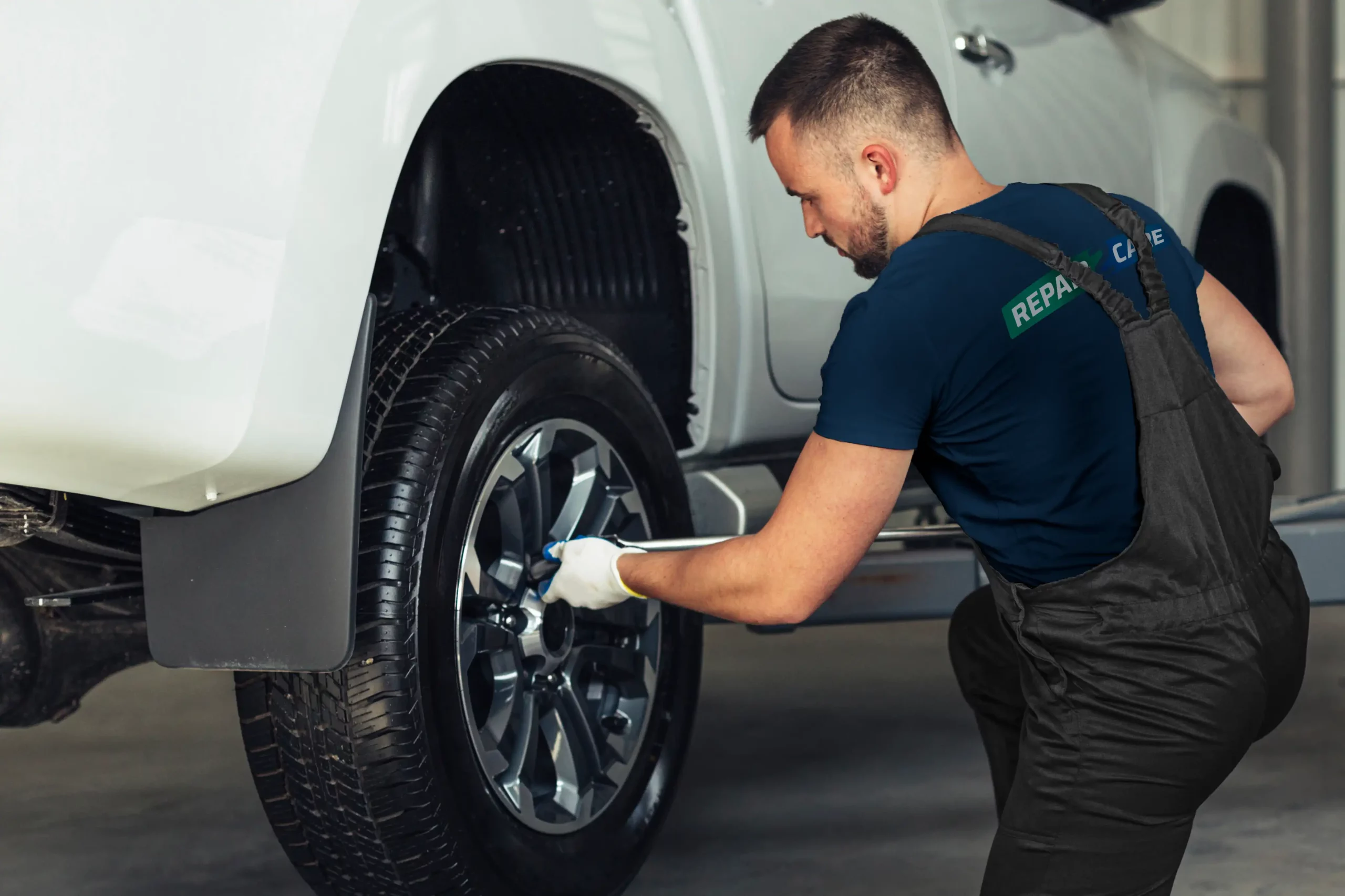Let’s be honest. When you think about being eco-friendly, your car probably isn’t the first thing that comes to mind. But what if the way you maintain your vehicle could be just as impactful as the car itself? That’s the deal with sustainable auto repair. It’s a growing movement that’s all about reducing waste, using smarter products, and making choices that are kinder to the environment. It’s not just for hybrid or electric car owners—it’s for anyone with a vehicle. Let’s pop the hood and see what’s possible.
What Exactly is Green Auto Repair?
Well, it’s not a shop powered entirely by solar panels (though that’s pretty cool). At its core, sustainable auto repair focuses on three big ideas:
- Reducing harmful waste that ends up in landfills.
- Using less toxic, bio-based products whenever possible.
- Conserving resources like water and energy.
It’s a holistic approach. Think of it like this: traditional repair might fix one issue but create a bunch of environmental ones along the way. Green mechanics aim to fix the car without creating a new problem for the planet.
Eco-Friendly Swaps You Can Ask For Today
You don’t need a complete overhaul to make a difference. Here are some simple, effective eco-friendly alternatives that many forward-thinking shops now offer.
1. The Big One: Re-Refined Motor Oil
This is the low-hanging fruit of green auto repair. Re-refined oil is basically used oil that has been meticulously cleaned, purified, and restored to its original condition. It meets the same API standards as virgin oil. The best part? Choosing it creates a beautiful circular economy. You’re not drilling for new crude; you’re giving a waste product a brilliant second life.
2. Biodegradable Cleaners and Degreasers
The harsh, chemical-smelling solvents used to clean grimy engine parts are a major source of water and soil contamination. Eco-shops swap these out for citrus-based, biodegradable, and non-toxic cleaners. They work just as well—sometimes even better—without leaving a toxic residue behind.
3. Water-Based Paints and Coatings
If you’re getting bodywork done, this is a huge one. Traditional automotive paints are solvent-based and release high levels of VOCs (Volatile Organic Compounds) into the air. Water-based alternatives significantly cut down on these emissions, making the air safer for technicians and the community outside. The finish? Just as glossy and durable.
Beyond the Products: The Shop’s Green Practices
Sustainability isn’t just about what goes on your car; it’s about what happens around it. A truly green shop will have systems in place for:
- Aggressive Recycling: We’re talking used oil filters (which get crushed and recycled), tires, metal parts, batteries, plastic bumpers, and even the cardboard boxes everything came in. Nothing that can be recycled should see the inside of a dumpster.
- Water Conservation: Using waterless car washing techniques or closed-loop systems that capture, filter, and reuse water for tasks like cleaning parts.
- Energy Efficiency: From LED lighting to high-efficiency HVAC systems, reducing their carbon footprint from the get-go.
How to Find a Sustainable Auto Repair Shop
Okay, so you’re sold. But how do you find one of these places? They won’t always have a giant “GREEN” sign out front. You have to do a little detective work. Here are a few questions to ask:
- “Do you offer re-refined motor oil as an option?”
- “What is your process for recycling used oil, filters, and old parts?”
- “Do you use biodegradable cleaners in your shop?”
Their answers will tell you everything you need to know. A shop that’s invested in these practices will be proud to talk about them.
What You Can Do as a Car Owner
Sustainability is a two-way street. Honestly, your habits behind the wheel matter just as much as the shop’s practices under your hood.
- Keep Up with Maintenance: A well-tuned engine with properly inflated tires runs more efficiently, burning less fuel and producing fewer emissions. It’s the simplest, most effective green practice out there.
- Dispose of Fluids Properly: Never, ever pour used motor oil, antifreeze, or brake fluid down a drain or on the ground. A single gallon of used oil can contaminate a million gallons of water. Most auto parts stores will take these back for free.
- Consider Repair Over Replacement: Before automatically replacing a part, ask if it can be repaired or remanufactured. Things like alternators, starters, and even calipers can often be rebuilt, saving the immense energy required to forge a new one.
The Road Ahead
The world of auto repair isn’t standing still. The rise of electric vehicles is introducing a new set of challenges and opportunities—think battery recycling and servicing high-voltage systems safely. The principles of sustainability, however, remain the same: reduce, reuse, and rethink.
Every time you choose re-refined oil, or patronize a shop that recycles relentlessly, you’re casting a vote. You’re telling the industry that you care about more than just the bottom-line cost. You care about the hidden environmental cost, too. It’s about taking care of your car so it can take care of you, all while ensuring the road we’re all traveling on remains healthy for miles to come.

